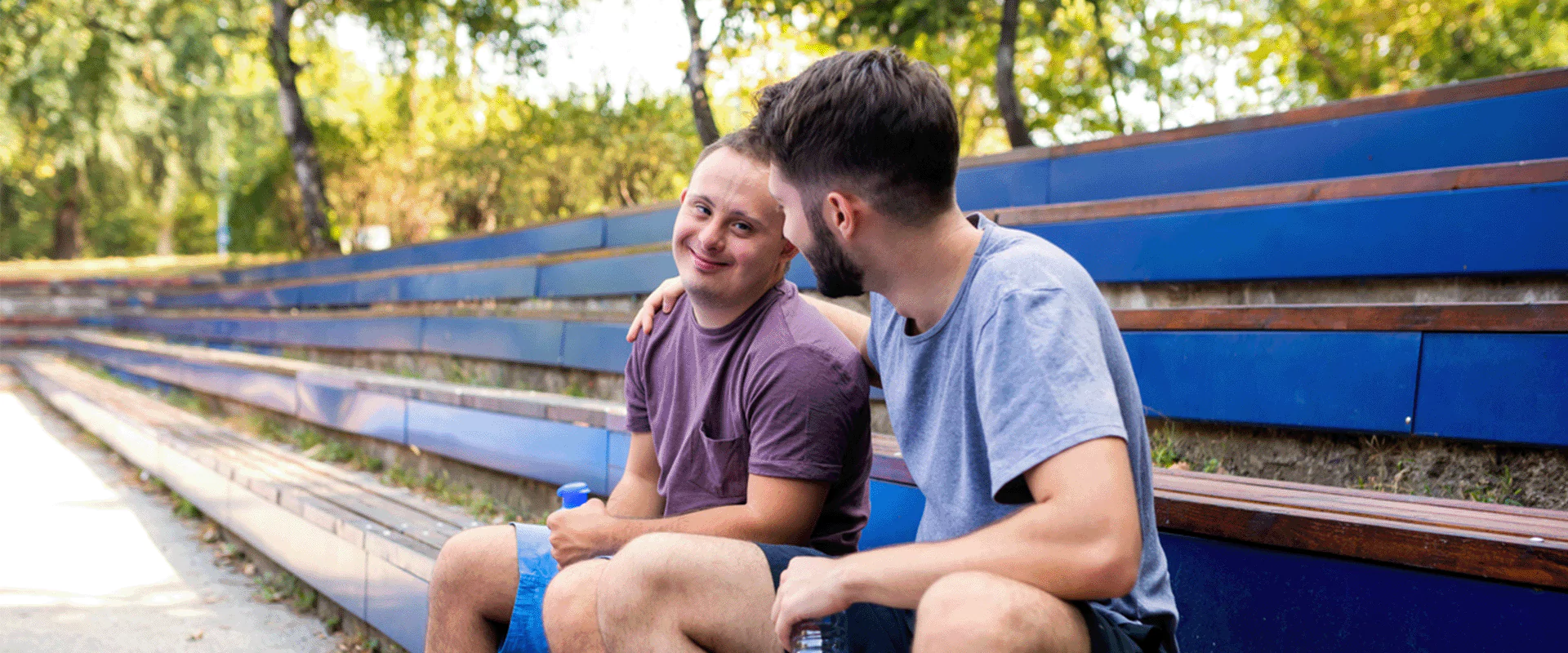Group therapies are a fun and social way to work toward your personal goals while meeting new people in your local area. Here are some tips on how to make the most of your group therapy and to help you adapt to the group more quickly:
- Attend sessions regularly: Consistency is key when it comes to group therapy. Attend sessions regularly and try not to miss any sessions unless it is absolutely necessary.
- Participate actively: Group therapy is a collaborative process, so it’s important to actively participate in group discussions and activities. Share your experiences and feelings honestly, and listen carefully to others in the group.
- Be open-minded: Be open to new ideas and perspectives that other group members may offer. Everyone in the group comes from different backgrounds and experiences, so you may learn something new from others.
- Set goals: Identify what you hope to achieve from group therapy and discuss these goals with your therapist and group members. This can help you stay motivated and focused on making progress.
- Practice what you learn: Group therapy can help you develop new coping strategies and communication skills. Practice these skills in your daily life, and share your successes and challenges with the group.
- Support others: Group therapy is a supportive environment where everyone can help each other. Offer support and encouragement to other group members, and be open to receiving support from them as well.
Remember, group therapy is a process that takes time and effort. By actively participating and following these tips, you can make the most of your group therapy experience and achieve your personal goals.
Funding group therapies under your NDIS plan
To access funding for group therapy under the NDIS, you will need to have an NDIS plan in place. Your NDIS plan will outline the types of supports and services that you are eligible for, including group therapy.
To request funding for group therapy in your NDIS plan, you will need to provide evidence that the therapy is reasonable and necessary for you to achieve your goals. This evidence may include assessments from healthcare professionals, reports from therapists, and information about the specific goals you hope to achieve through group therapy.
Once you have obtained funding for group therapy under the NDIS, you can work with your therapist or service provider to identify a suitable group therapy program that meets your needs.
Care Squared Connect offers group therapies that can be funded under the following funding lines:
Capacity Building: Improved Daily Living
Capacity Building: Innovative Community Participation
Capacity Building: Community Participation Activities
Core Supports: Community, Social & Recreational Activities
Core Supports: Assessment, Recommendation, Therapy and/or Training**
**Accessible when provided to support one of the eight disability-related health conditions, and CB:IDL funding has exhausted, only.
Click here for more information on Care Squared Connect group therapies, or call the Care Squad on 1300 632 639.
